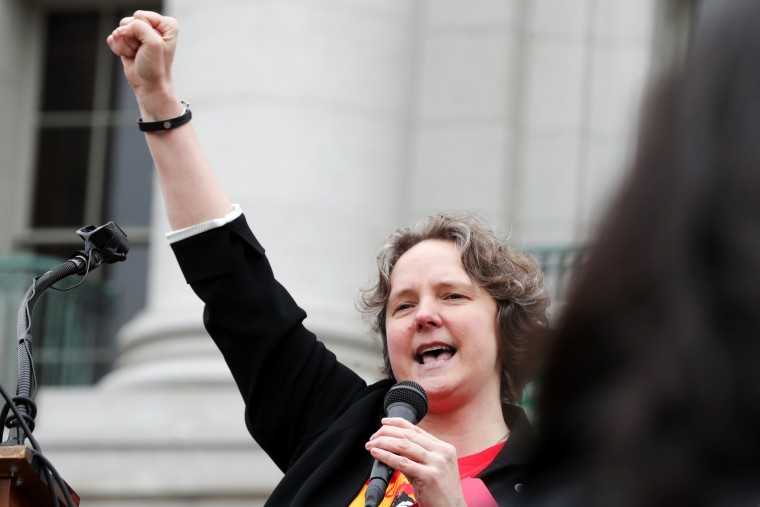In recent years, the concept of free cash programs has gained significant traction across various cities as a means to combat poverty and provide a safety net for vulnerable populations. These initiatives aim to provide direct financial assistance to individuals and families in need, with the ultimate goal of addressing systemic inequality and creating more equitable communities.
One of the key aspects of these programs is that they offer unconditional cash transfers, meaning that recipients have the autonomy to choose how they use the funds based on their specific needs and circumstances. This approach contrasts with traditional welfare programs that often come with strict eligibility criteria and limitations on how the assistance can be spent.
Cities that have implemented free cash programs have witnessed positive outcomes, including improvements in financial stability, health, education, and overall well-being among recipients. By providing a basic income floor, these initiatives help individuals meet their basic needs, such as food, housing, and healthcare, thereby reducing the burden of poverty and lifting families out of destitution.
Moreover, free cash programs have the potential to stimulate local economies by boosting consumer spending and creating a ripple effect that benefits businesses and communities at large. By injecting money directly into the hands of those most in need, these initiatives can help spur economic growth and mitigate the impact of financial downturns, especially during times of crisis like the COVID-19 pandemic.
As the popularity of free cash programs continues to grow, more cities are exploring innovative ways to fund and sustain these initiatives. Some municipalities have leveraged public-private partnerships, philanthropic donations, and government funding to establish and expand their cash assistance programs, signaling a collective commitment to addressing poverty and promoting social justice.
Critics of free cash programs raise concerns about their long-term sustainability, potential disincentives to work, and the need for comprehensive social welfare reform. However, proponents argue that these initiatives represent a bold and progressive approach to poverty alleviation and a more humane alternative to the current patchwork of social services and benefits.
In conclusion, the rise of free cash programs in cities across the country underscores a growing recognition of the need to rethink traditional approaches to poverty and social assistance. By empowering individuals with direct financial support and promoting economic security, these initiatives offer a promising path toward a more inclusive and equitable society where everyone has the opportunity to thrive.


























